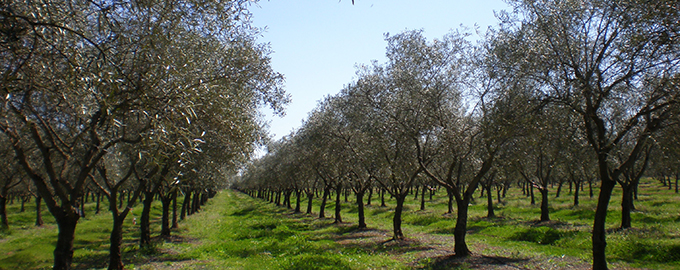Synthesis of the impact of sustainable soil management practices in Europe

In order to provide guidance to the development of the Roadmap for the European Joint SOIL Programme a synthesis identifying knowledge about the sustainable soil management practices and their biophysical and socio-economic impacts has been carried out.
According to FAO (2015) “Soil management is sustainable if the supporting, provisioning, regulating, and cultural services provided by soil are maintained or enhanced without significantly impairing either the soil functions that enable those services or biodiversity”.
The information was provided by 23 countries, by completing a questionnaire concerning the knowledge availability about SSP, their biophysical and socioeconomic impacts, and the related EJP SOIL challenges (Read more about how EJP SOIL targets these challenges - click here).
The SSP was organized in four management categories: soil tillage and cover, crops and cropping systems, soil nutrient management and crop protection, and water management.
Most reported practices were in the group of “Crop and cropping systems”, followed by the group “Soil tillage and cover”. The three most reported impacts related to sustainable soil management practices were “Soil quality”, “Nutrients in the soil”, and “Soil Structure”, while the impacts “Desertification”, “Readiness for use”, and “Other socio-economic” were the less reported.
The impacts of sustainable soil practices were also related to the EJP SOIL challenges. The three most reported challenges were “Enhance nutrient use efficiency”, “Maintain/increase SOC”, and “Improve soil structure”, while “Avoid acidification”, “Avoid salinisation/alkalinisation”, “Avoid N2O and CH4 emissions from soils” were rarely reported. These results can be related to varying levels of knowledge or awareness about the sustainable soil practices that can contribute to the different soil challenges.
Contact
- Ana Marta Paz: ana.paz@iniav.pt from the National Institute of Agricultural and Veterinary Research, IP (INIAV), Portugal